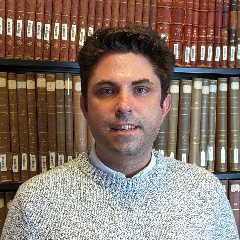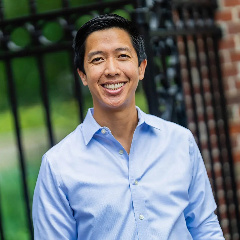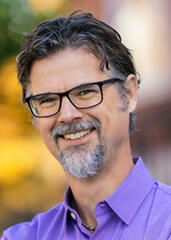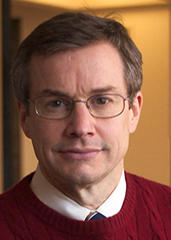Topics
- active learning (18)
- research assignments (6)
- libraries (1)
- literature-based learning (2)
- multimedia (5)
- museums (6)
- object learning (7)
- online learning (5)
- peer instruction (10)
- storytelling (2)
- learning management system (2)
- syllabus design (3)
- teaching empathy (3)
- teaching fellows (1)
- lecture (3)
- learning goals (8)
- assessment (6)
- data (3)
- backward design (3)
- blended approaches (12)
- case-based learning (8)
- classroom contracts (7)
- classrooms and space (3)
- collaborative learning (27)
- community events (1)
- course transformation (7)
- devices (3)
- learning by making (5)
- discussion (24)
- engaged scholarship (4)
- experiential learning (16)
- feedback (18)
- group work (8)
- guest speakers (7)
- interdisciplinary (6)
- leadership (3)
Send feedback
Subscribe
Copyright © 2024 The President and Fellows of Harvard College | Privacy | Accessibility | Digital Accessibility | Report Copyright Infringement

 The debate over assessments—their frequency, structure, and value—has become more vibrant in recent years, first with the onset of COVID-19 and now with the advent of Generative AI. As instructors experiment with different approaches, the Math Department has increased its emphasis on assessments, yielding some early successes.
The debate over assessments—their frequency, structure, and value—has become more vibrant in recent years, first with the onset of COVID-19 and now with the advent of Generative AI. As instructors experiment with different approaches, the Math Department has increased its emphasis on assessments, yielding some early successes.

 Luke Miratrix, Associate Professor and Co-Faculty Director of the PhD in Education Program at the Harvard Graduate School of Education, teaches graduate level statistics and data science courses, including
Luke Miratrix, Associate Professor and Co-Faculty Director of the PhD in Education Program at the Harvard Graduate School of Education, teaches graduate level statistics and data science courses, including  Bethanne Altringer, Senior Preceptor in Innovation and Design and Director of the Desirability Lab, uses personalized approaches to students’ learning in courses like
Bethanne Altringer, Senior Preceptor in Innovation and Design and Director of the Desirability Lab, uses personalized approaches to students’ learning in courses like  Howell Jackson, James S. Reid Jr. Professor of Law, experiments with end-of-semester exams and writing assignments to create opportunities for meaningful, formative feedback through skills practice, reflection, and peer collaboration.
Howell Jackson, James S. Reid Jr. Professor of Law, experiments with end-of-semester exams and writing assignments to create opportunities for meaningful, formative feedback through skills practice, reflection, and peer collaboration.